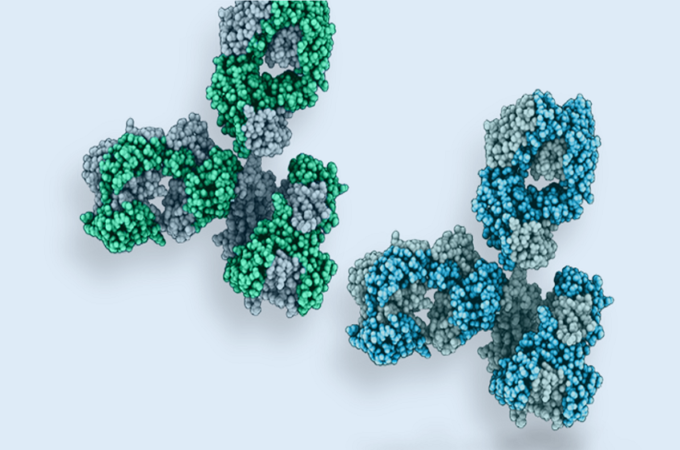
Navigating Complexity: Strategies for Enhancing Biopharma Adherence in Rare Disease Therapies
In treating rare diseases, adherence to medication regimens presents unique challenges due to the complexity of therapies and limited patient populations. This blog explores innovative strategies to improve adherence to rare disease therapies, such as tailored patient education, personalized support programs, and leveraging digital health technologies. By addressing the specific needs of patients with rare diseases, biopharma companies can enhance treatment outcomes and positively impact patient lives.
Biopharma adherence solutions encompass a range of strategies and interventions to improve patient compliance with prescribed medication regimens. These solutions ensure patients with complex medical conditions adhere to their medication regimens. By improving patient compliance, these solutions help maximize the effectiveness of treatments, reduce the risk of disease progression or complications, and ultimately enhance patient outcomes and quality of life.
Here are strategies for enhancing biopharma adherence in rare disease therapies:
Tailored Patient Education
Providing personalized education tailored to the unique needs of patients with rare diseases is crucial. This includes comprehensive information about the disease, treatment options, potential side effects, and the importance of adherence. Education should be delivered in a clear, accessible manner, considering the patient’s level of understanding and any language or cultural barriers.
Personalized Support Programs
Developing personalized support programs can significantly improve adherence among patients with rare diseases. These programs may include dedicated support coordinators or nurses who provide ongoing guidance, counseling, and assistance to patients and their caregivers. Additionally, support programs may offer practical resources such as medication reminders, financial assistance, transportation services, and access to peer support networks.
Integration of Digital Health Technologies
Leveraging digital health technologies can streamline medication management and monitoring for patients with rare diseases. This may involve using smartphone apps, wearable devices, or online platforms to track medication adherence, monitor symptoms, and communicate with healthcare providers. Digital tools can also facilitate remote consultations, telemedicine appointments, and virtual support groups, enhancing accessibility and engagement for patients in remote or underserved areas.
Addressing Treatment Burden
Recognizing and addressing the treatment burden associated with rare disease therapies is essential. Patients with rare diseases often face complex treatment regimens, frequent medical appointments, and potential challenges in accessing specialized care. Biopharma companies can work to simplify treatment protocols, minimize the number of medications or doses required, and provide resources to help patients manage their healthcare needs more effectively.
Patient-Centered Communication
Effective communication fosters collaboration between patients, caregivers, and healthcare providers. Biopharma companies can facilitate patient-centered communication by encouraging open dialogue, active listening, and mutual decision-making. Providing clear, understandable information about treatment options, potential benefits, and risks empowers patients to actively participate in their care and make informed decisions about their treatment journey.
Collaboration and Advocacy
Collaboration among stakeholders, including biopharma companies, healthcare providers, patient advocacy groups, and regulatory agencies, is critical for improving adherence to rare disease therapies. By working together, stakeholders can share insights, identify unmet needs, and advocate for policies that support access to innovative treatments and comprehensive support services for patients with rare diseases. This collaborative approach strengthens the healthcare ecosystem and promotes patient-centered care.
By implementing these strategies, biopharma companies can help overcome the unique challenges associated with adherence to rare disease therapies, ultimately improving treatment outcomes and enhancing the quality of life for patients and their families.





